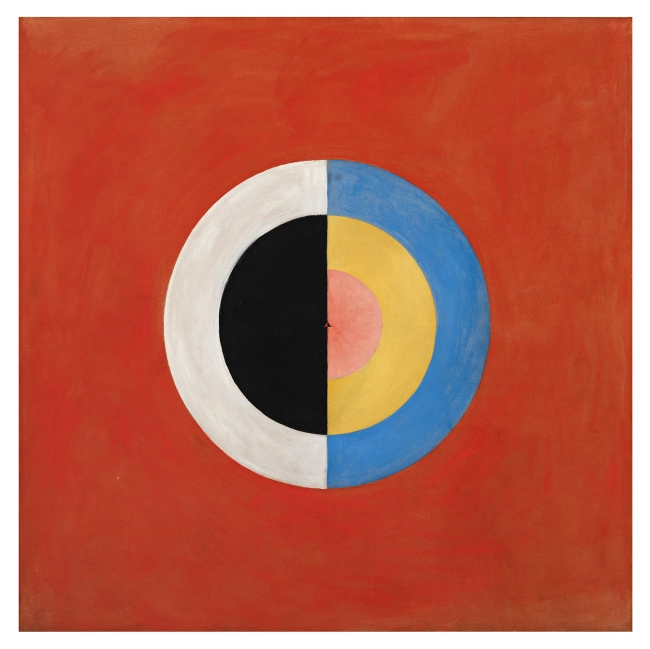WHEN THE SUN WENT OUT (7)
By:
August 14, 2023

Leslie Silberberg, who wrote as Leslie F. Stone, was one of the first women sf pulp writers. She often worked with Hugo Gernsback in Amazing Stories and Wonder Stories. Gernsback published her 1929 story “When the Sun Went Out” as a chapbook. HiLoBooks is pleased to serialize it here for HILOBROW’s readers.
ALL INSTALLMENTS: 1 | 2 | 3 | 4 | 5 | 6 | 7.
INTO THE DEPTHS
The stars seemed creeping closer so that they might see and jeer at Mother Earth. A voice broke loose from the roof-tops again. “Come let us creep like ants into our holes, and burrow into the heart of our Mother. Come, come you poor weak things that proudly term yourself Man, Lord of the Universe. Creep into the darkness. Come now, out of this bitter coldness that would grasp you by the throat. Come, all of you, who would play at living. Come!”
A death-like silence settled over the multitude. Then voices were heard again, whisperings and comfortings, and a wail that grew in volume until it seemed to encircle the Earth. The cry of a people forsaken, broken. On the roof of one building a commotion started, then a yell and a scream and a body went hurtling over the roof, down the several thousand feet to the ground. Another followed, and another as men and women despairingly threw themselves over the parapets. More might have followed had not a figure of command appeared on the highest pinnacle of the roof of the Scientific Building.
“Come! To the lifts! We descend to our new home, my people!” he cried out. “Come! New life awaits us. Come!”
In answer the crowds became milling masses as they made their way to the elevators. Forgotten were the weaklings who could not face life any longer. And those who had thought to do the same turned instead to the voice of command.
Ramo and Kuila were amongst the last to descend. They had been as breathless as their fellow-men at the appearance of the Sun, and its last supreme effort. And with its dying Ramo had hidden her face in her hands. Somehow Kuila had found his arm around her, and she had laid her head on his breast while she sobbed.
But even though the Sun had died, and the last hope of Earth departed, Kuila found himself happy, happier than he had ever known. For now he knew that the Sun could not go out for him. And then perhaps, who knows, together they would some day venture out and find a new Sun, a new world, one that had trees and flowing waters, a radiant warmth, and mayhap a moon or two to light their night!
THE END
RADIUM AGE PROTO-SF: “Radium Age” is Josh Glenn’s name for the nascent sf genre’s c. 1900–1935 era, a period which saw the discovery of radioactivity, i.e., the revelation that matter itself is constantly in movement — a fitting metaphor for the first decades of the 20th century, during which old scientific, religious, political, and social certainties were shattered. More info here.
SERIALIZED BY HILOBOOKS: James Parker’s Cocky the Fox | Annalee Newitz’s “The Great Oxygen Race” | Matthew Battles’s “Imago” | & many more original and reissued novels and stories.
